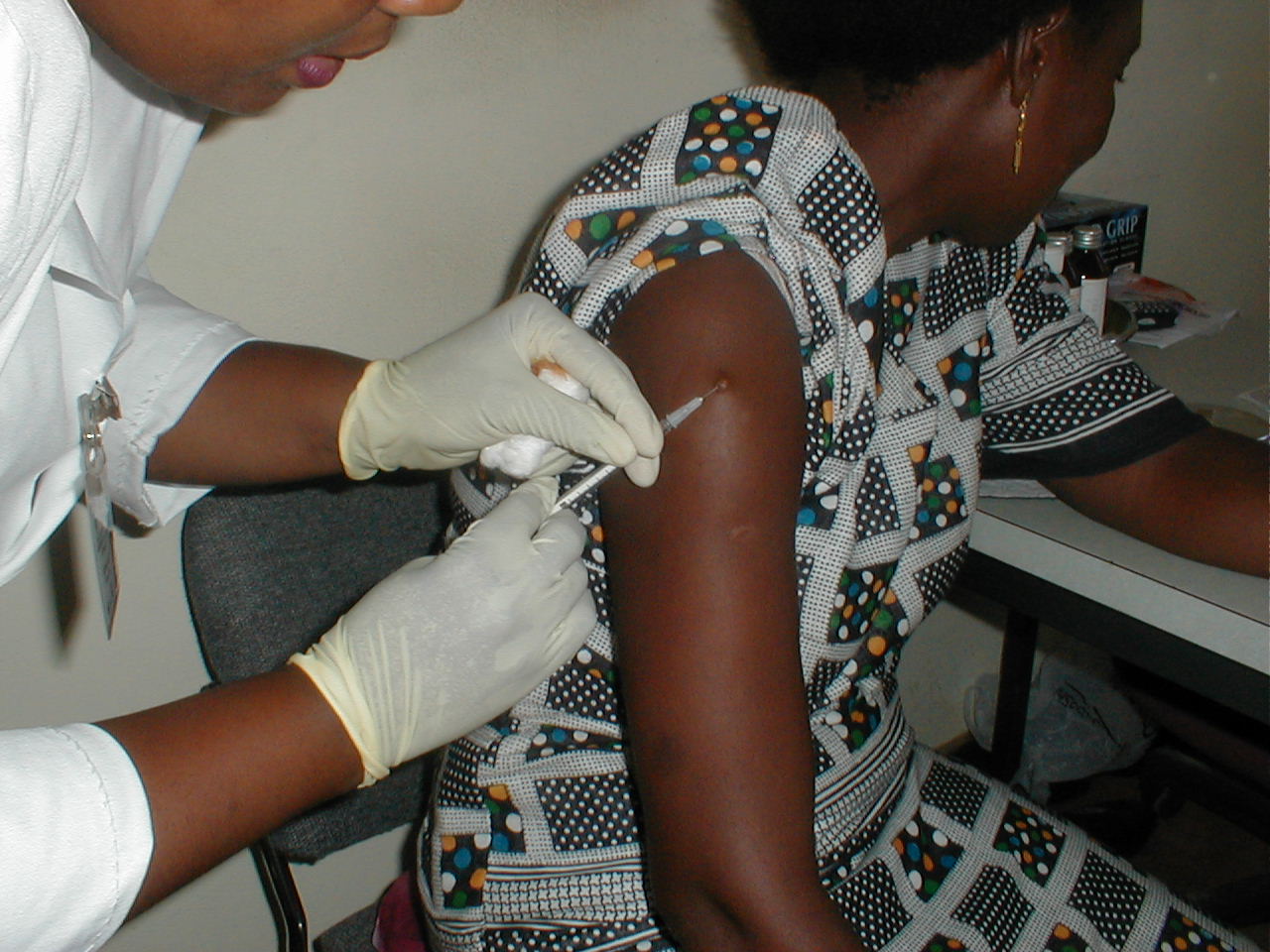Scientific American – SciAm story quotes Steven Woloshin, professor of medicine, community and family medicine, and of the Dartmouth Institute for Health Policy and Clinical Practice, about how pharmaceutical companies use disease awareness campaigns as drug selling tactics. “Drug company sponsorship doesn’t mean the information is bogus—but it does raise a red flag because companies do stand to benefit from increasing diagnoses, which leads to more treatment,” says Woloshin.
Articles by: Geisel Communications
News about the success of a new Ebola vaccine may be too good to be true
Was the Ebola vaccine 100% effective, or 100% lucky? The good money is on a percentage somewhere in between, but in truth, we will never know.
News About the Success of a New Ebola Vaccine May Be Too Good to Be True
The Conversation – An opinion piece by Timothy Lahey, associate professor of medicine, community and family medicine, and of the Dartmouth Institute for Health Policy and Clinical Practice, on a recent study published in the prestigious journal The Lancet on a new Ebola vaccine that was “100% effective.” Lahey notes that the vaccine is wonderful news, but that for three reasons, we cannot know if the vaccine really worked, or how well. “Those reasons are the lack of placebo comparison, the way the investigators diagnosed vaccine failure and the possibility of statistical flukes,” says Lahey.
Clinical Performance Measures Address Underuse and Overuse of Care in Healthcare Settings
News Medical – Cites a study co-authored by Brenda Sirovich, associate professor of medicine, community and family medicine, and of the Dartmouth Institute for Health Policy and Clinical Practice, recently published in the journal JAMA Internal Medicine. The study examined 16 national collections of clinical performance measures and found that more than 90 percent of 521 outpatient measures targeted underuse of care and only 7 percent addressed overuse of care.
The Covert World of People Trying to Edit Wikipedia—for Pay
The Atlantic – Quotes Sohail Mirza, professor of orthopaedic surgery and of the Dartmouth Institute for Health Policy and Clinical Practice, in an article about how some medical device manufacturing companies pay their employees to make favorable edits to Wikipedia entries on surgeries and procedures that mention their products, and sometimes ask doctors with financial ties to their company to request edits to Wikipedia text
Is Fiber Good For You?
Nutrition Action – Article quotes John Baron, professor of medicine, epidemiology, and community and family medicine emeritus, about a study on fiber and its role in preventing colon cancer.
Geography Affects What Medicine Seniors Get
Defiance Crescent News – Quotes Jeffrey Munson, assistant professor of medicine and of the Dartmouth Institute for Health Policy and Clinical Practice, on new research from the Dartmouth Atlas of Health Care which found that where seniors live makes a difference not only to how much health care they receive but also the medications they’re prescribed—as some miss out on key treatments while others get risky ones.
In Tough Diagnostics World, Will Ruling Out Cancer Be Good Business?
Xconomy – Quotes H. Gilbert Welch, professor of medicine, community and family medicine, and of the Dartmouth Institute for Health Policy and Clinical Practice, on new molecular “rule-out” tests, based on genomic or proteomic analysis, that can tell someone who has suspicious lung nodules if they don’t have cancer and route them away from unnecessary procedures. “It’s a great direction to move, and intellectually I can appreciate the effort,” says Welch. “But the question is how well (do they) perform, and how do we decide whether the tests actually work?”
Dartmouth Professors Call Out Drug Companies for “Selling a Disease”
The Legal Examiner – Cites an opinion piece published in The Washington Post by Steven Woloshin and Lisa Schwartz, both professors of medicine, community and family medicine, and of the Dartmouth Institute for Health Policy and Clinical Practice, on testosterone drug risks. In the opinion piece, Woloshin and Schwartz criticized testosterone drug therapy manufacturers for creating “disease-awareness” campaigns that put many men at risk of serious side effects, including heart attack and stroke.
E2F4 Predictive of Progression and Immunotherapy Efficacy in Bladder Cancer
Targeted Oncology – Quotes Chao Cheng, assistant professor of genetics and lead author of a recent study on the biomarker E2F4. The biomarker predicts survival in breast cancer, and Cheng’s research suggests that E2F4 may also predict progression and immunotherapy efficacy in bladder cancer.
